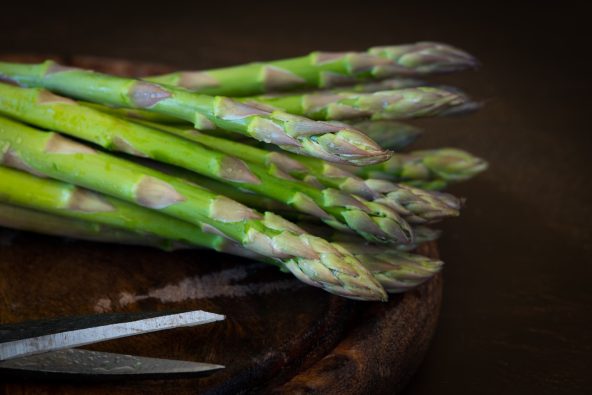Concerned about pesticides on your produce? The Environmental Working Group has published its annual list of the “Clean 15,” the produce from conventional growers that has the least amount of pesticide residue.
That list this year:
- Avocados
- Sweet corn
- Pineapples
- Frozen sweet peas
- Onions
- Papayas
- Eggplants
- Asparagus
- Kiwis
- Cabbages
- Cauliflower
- Cantaloupes
- Broccoli
- Mushrooms
- Honeydew melons
Strawberries top the EWG’s 2019 “Dirty Dozen” for the forth year in a row, while kale makes a stunning appearance in the number three spot. The popular green hadn’t been on the list in more than a decade.
Does this annual list mean you should avoid produce on the dirty list? Experts say no.
“I always get a little bit nervous when the list is published each year, simply because it often appears without context,” Jaclyn London, a Good Housekeeping Institute dietitian, wrote in an essay when this year’s list was released. “When we demonize a specific food (or 12 foods) that, on the whole, is beneficial for health, we’re laying the groundwork for avoiding veggies and fruit. Countless peer-reviewed studies have linked these powerhouses with benefits for health, weight management and long-term chronic disease risk.”
Additional research shows 50 percent of Americans don’t eat the recommended amounts of calcium, fiber, magnesium or potassium—all minerals in found abundance in produce, the kind on both the Clean 15 and the Dirty Dozen lists.
The bottom line: Even with the dueling EWG lists, the health benefits found in fruits and vegetables outweigh the risks of too much pesticide residue.






